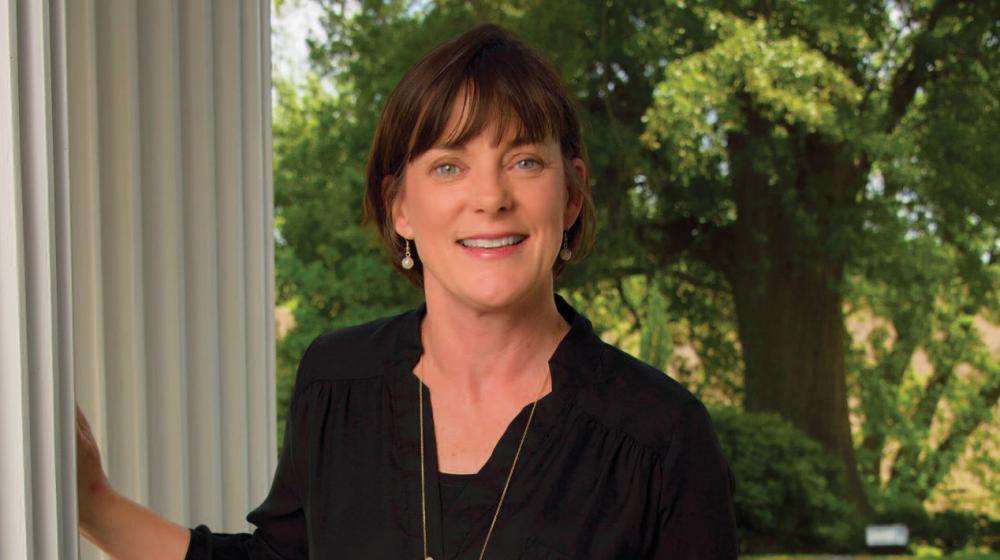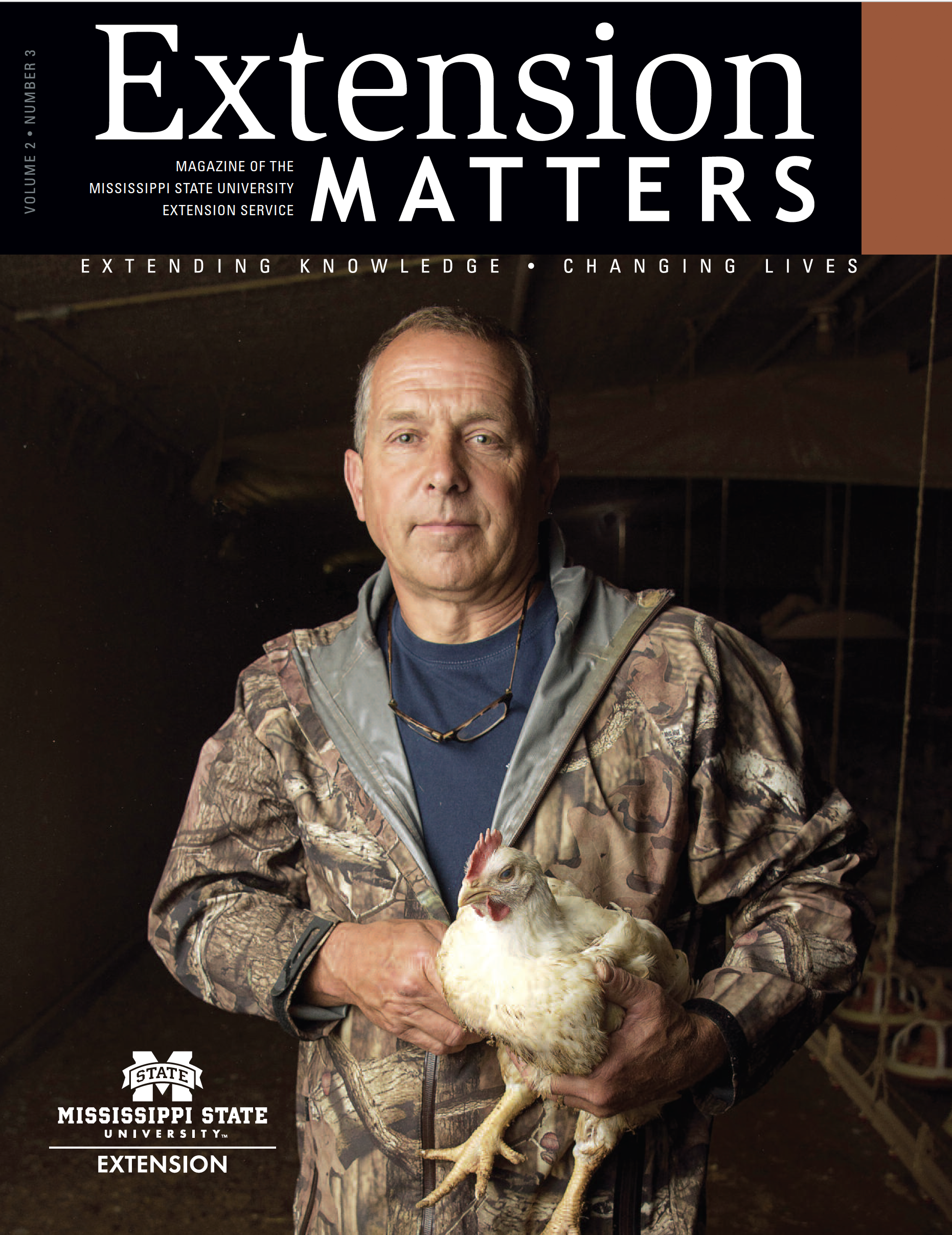Growing the Tourism Trade

Meg Cooper, coordinator of the Lower Delta Partnership
Lower Delta Partnership teams with Extension to attract more visitors
When the Lower Delta Partnership coordinator sat down with the Mississippi State University Extension Service county coordinator, the two were meeting for more than just an everyday business lunch.
They were two friends getting together to figure out the best ways to encourage more visitors to come to Rolling Fork. They brainstormed and listed which of its unique Delta landmarks they thought were the most fun and interesting. They also made plans to poll community residents to help them identify even more locations, activities, and celebrations that visitors might want to experience.
They agreed that Extension’s expertise in tourism and community development and the Lower Delta Partnership’s access to a rich volunteer base and neighborhood resources could inspire more people to come to Rolling Fork.
They were right.
Longtime friends Meg Cooper, with the Lower Delta Partnership, and Emily Carter, Extension agent for Sharkey and Issaquena counties, along with other community partners and concerned citizens, have helped develop, promote, and expand tourism initiatives. Now, more visitors are coming to Rolling Fork than ever before.
Extension leaders helped local residents determine how additional music concerts and dramatic productions might attract more visitors. In partnership with Extension and the city of Rolling Fork, the Lower Delta Partnership sponsored a meeting to encourage Rolling Fork residents and businesses to tell how they wanted to improve and promote their community, as well as what kind of look would appeal to visitors, Cooper explains.
Rachael Carter, an instructor with the Extension Center for Government and Community Development, assisted the Rolling Fork team. Though she’s not related to Emily Carter, they partnered to use Extension resources to help the community develop signs, a logo, and marketing and advertising themes based on community members’ feedback from that meeting.
“I just know that I have been very, very impressed with the Mississippi State Extension Service and the range of services and the variety of activities it offers,” Cooper says. “Many groups are unaware of all Extension does.
“I see now—after working with Emily and others from Extension on programs such as ‘Bricks to Clicks’ and with Rachael on our town’s economic impact analysis— that Extension is for everyone in all walks of life.”
One of Rolling Fork’s most popular tourist draws, a play titled “Mont Helena: A Dream Revisited,” reflects another partnership between the Lower Delta Partnership and Extension. Both organizations promote the play and recruit volunteers to participate.
A Colonial Revival-style home built in the late 1800s, Mont Helena is an historic plantation house that lends its name to the popular play production. Extension’s Emily Carter plays the lead of Helen Johnstone Harris, a Delta woman whose fiancé was killed in a duel just days before their wedding. Harris died in 1917.
“Emily helped create the production event, and she coordinates the actor volunteers. The entire production involves over 100 community volunteers,” Cooper says.
Since the Lower Delta Partnership began promoting the play with Extension, it sells out—literally, Cooper emphasizes— within hours of the opening of ticket sales.
Extension also helps the Lower Delta Partnership promote the Great Delta Bear Affair, which celebrates the birth of the teddy bear. Extension’s partnership with the Lower Delta Council has increased the already large, diverse audience for these celebrations, Cooper says.
President Theodore Roosevelt visited Sharkey County in 1902 and refused to shoot an injured black bear that had been “saved” for him to kill. After the media released the story, a toy shop owner asked the president if he could call his stuffed bears “Teddy Bears.” The President agreed.
The Great Delta Bear Affair celebrates Rolling Fork’s status as the birthplace of the teddy bear. In town, 11 chainsaw carved bears stand in various locations around the community, and an additional one is unveiled annually and placed at a new location. Extension distributes brochures and assists in tourism outreach for the event.
Extension agents Emily Carter and Jon Carson serve on the steering committee, assist with youth art and essay contests, Great Delta Bear Affair Youth Education Day, and other Great Delta Bear Affair activities.
“More people are also visiting the community’s Blues Trail marker for Muddy Waters, a Rolling Fork native,” Cooper says. “We are promoting the natural resources of the South Delta together. Rolling Fork is a great day trip for tourists.
“Extension is helping us grow tourism here.”


